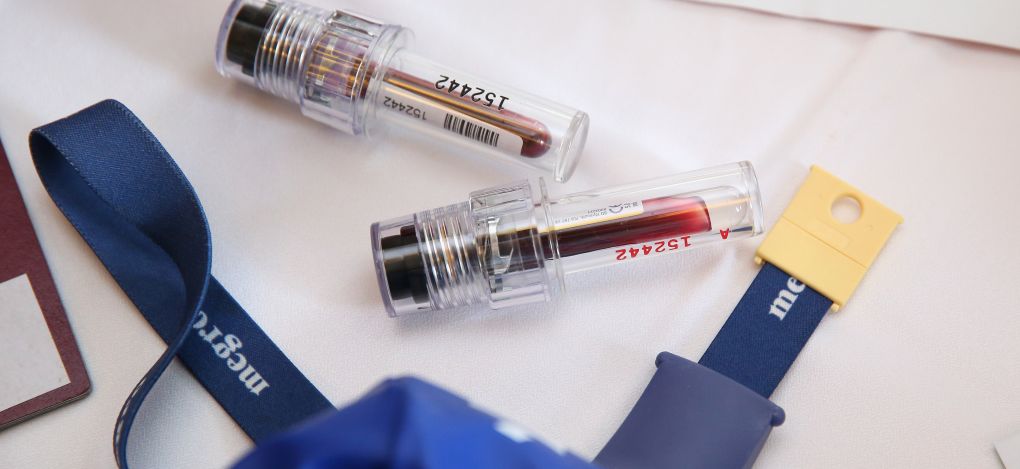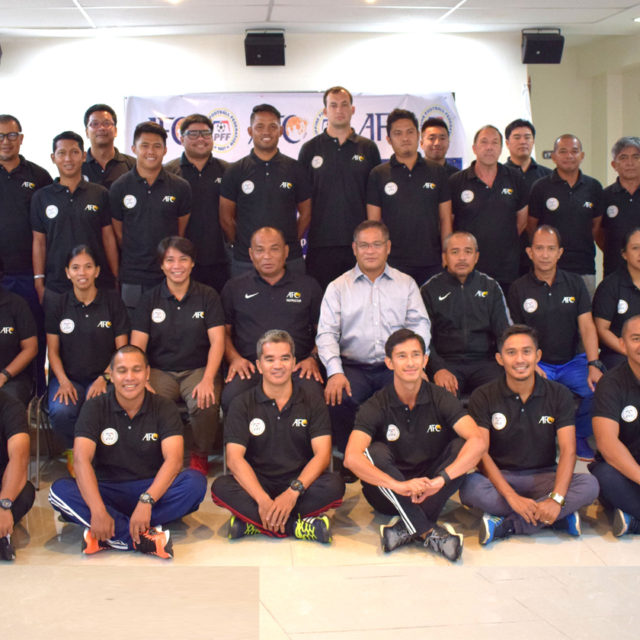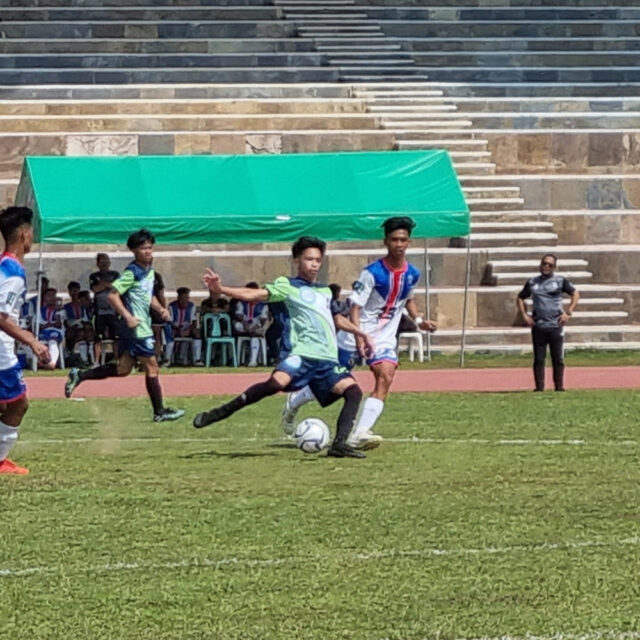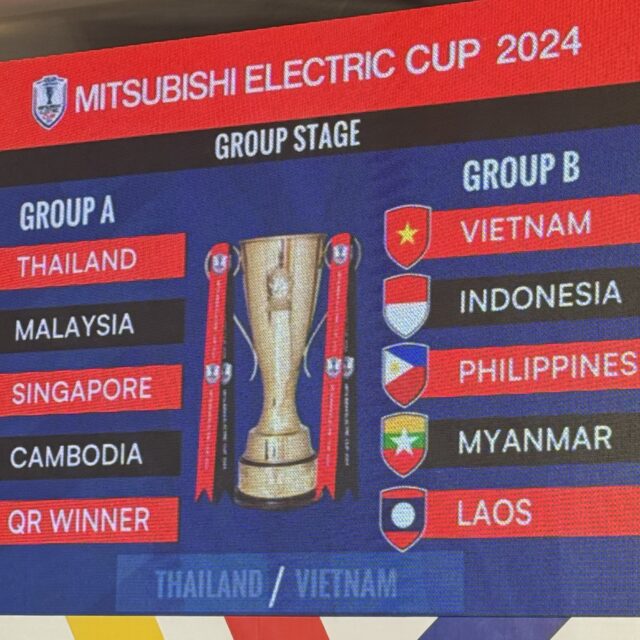In line with FIFA and the Asian Football Confederation’s (AFC) commitment to continuously strive to keep football free from doping, the Philippine Football Federation (PFF) has crafted the PFF Anti-Doping Policy which will be applied to all individuals and competitions, particularly registered footballers in the country and participants in the domestic leagues beginning this year.
The aim of Doping Control is to safeguard the physical health and mental integrity of players, uphold and preserve the ethics of sport, and to ensure that all competitors have an equal chance. PFF’s core anti-doping strategy will focus on prevention by emphasising education beginning at the youth/academy level all the way up to the senior level.
The Anti-Doping Policy contains the set of protocols in accordance with the FIFA Anti-Doping Regulations 2021 which is in line with the World Anti-Doping Agency’s (WADA) World Anti-Doping Code.
The policy was created by the newly-formed PFF Anti-Doping Unit composed of PFF Sports Medical Committee Vice-Chairperson Dr. Randolph Molo as chairperson with Dr. Emily Zerrudo and Dr. Bernadett Velasco as members.
“The formation of the PFF Anti-Doping Unit is the result of the federation’s commitment to combat doping in football,” said PFF president Mariano Araneta, Jr. “We thank FIFA and AFC for their drive for member associations to adopt the Anti-Doping Regulations.”
“The Anti-doping policy is crucial to the growth of the sport domestically and worldwide,” added PFF general secretary Atty. Edwin Gastanes. “We urge the clubs, players, and other stakeholders to comply with the Anti-Doping Policy which will be in place beginning with the Philippines Football League season 2021.”




